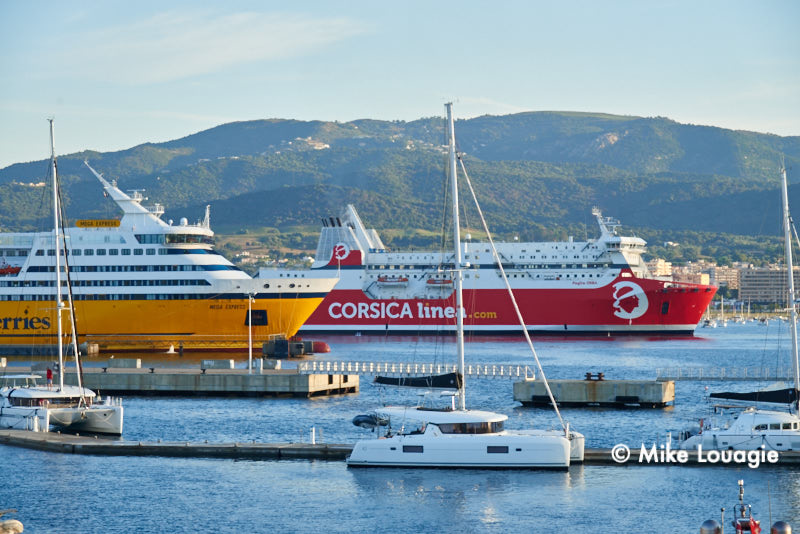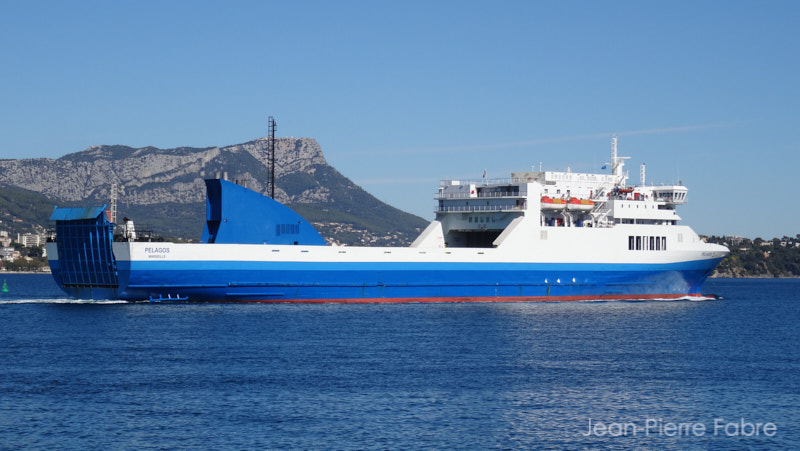
“The current Maritime Public Service Delegation (DSP) between Corsica and Marseille expires on December 31, 2022. The European Commission’s questioning of the very existence of the public service principle puts a sword of Damocles on the territorial continuity,” writes Corse Net Infos in a long article in French, quoting several political stakeholders (but not the ferry operators).
Some interesting elements, quotes, remarks of the debate:
- Brussels does not see the need to subsidize a service which could very well be provided by private companies. Compensation is against the rules of the market and free competition.
- Why is what is granted to other regions, such as Croatia or Greece, becoming problematic for Corsica?
- A decision needs to be taken soon, because the new (multi-year) DSP should start on 1 January 2023.
- Why only having Marseille as continental port? Toulon, Nice or even Livorno are closer to Corsica. Less fuel. Better utilization of ships.
- The need to resolve the “painful legacy of the past”.
- What sense does it make to have ‘market tests’ if the market is changing? (which it does)
- Corsica, today, imports 90 to 95% from France. We want a system where Corsica is economically connected with Tuscany, Sardinia and Catalonia.




